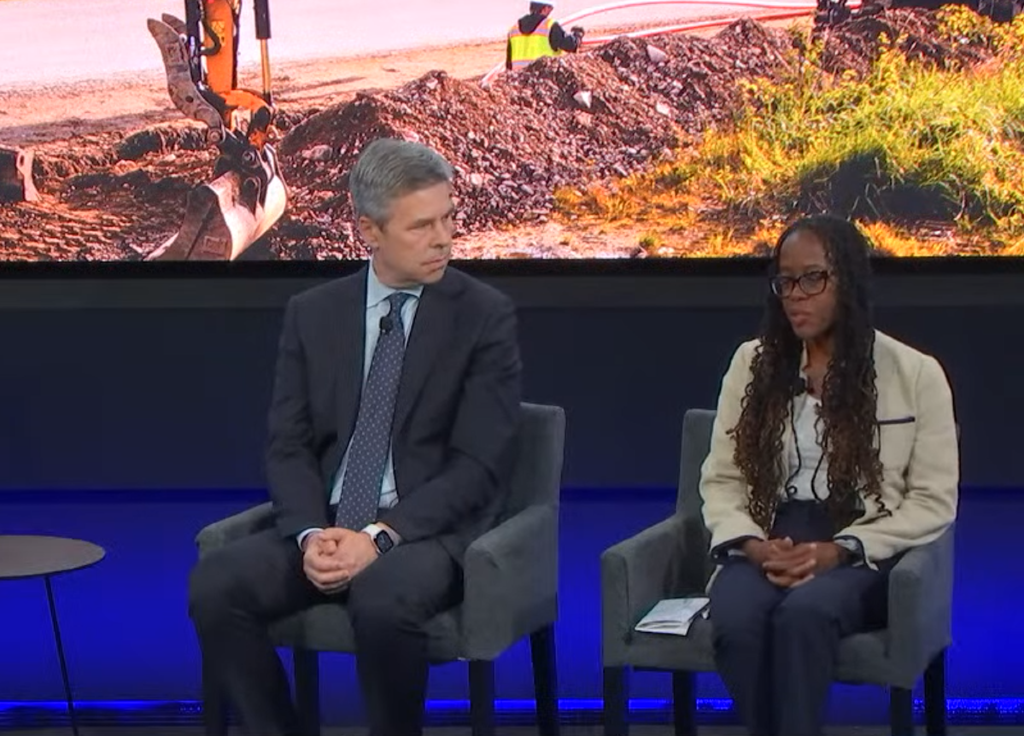State Official: Virginia ‘Agnostic’ On Broadband Technology
‘I think it will take multiple types of solutions to close the digital divide,’ state broadband director says
Joel Leighton

WASHINGTON, July 1, 2024 – Virginia’s “agnostic” approach to broadband technology has been a success, according to its broadband director.
Tamarah Holmes, director of Virginia’s Office of Broadband, said that the state's funding from the Broadband Equity, Access, and Deployment program will close the digital divide, partly due to Virginia’s flexible approach to technology.
“Not everyone may be able to receive a fiber connection. We are agnostic in Virginia when it comes to technology,” Holmes said.
Holmes’ comments came during a Washington Post Live panel on June 26 that also included Rural Utilities Service Administrator Andrew Berke.
Holmes said that during its proposal drafting, Roanoke County presented a diverse plan that incorporated multiple technologies to cover all of their unserved locations.
“They shot for the moon. They said we want to get to at least 98% of the locations that lacked broadband in our county,” Holmes said.
The plan collaborated with four different companies that provided fixed wireless service, traditional coaxial cable service and new fiber technology. Holmes said it appeared the county located in southwest Virginia will achieve its 98% coverage.
“I think it will take multiple types of solutions to close the digital divide,” Holmes said. “If someone came up with a proposal that worked and were able to deliver the speeds needed… we would consider it.”
Berke weighed in on the issue of alternative technologies, emphasizing that his agency was looking for technology that meets the bipartisan infrastructure law’s definition of high-speed internet, which is 100 Mbps down and 20 Mbps up. Berke said fiber has been the dominant technology of choice because of its reliability and longevity.
“We want to be efficient with taxpayer dollars, and this is a way for us to make sure that we’re getting the most that we can for people with the fewest dollars,” Berke said.
Despite her state’s successes, Holmes warned that labor and supply chain shortages remained a major concern. As the 50 states and six territories begin to build infrastructure simultaneously, Holmes said it will be a challenge keeping construction crews in Virginia.
Virginia was awaiting approval of its Volume II proposal from the National Telecommunications and Information Administration before it can receive its allotted $1.48 billion in BEAD funding.
“It will take time to build out those projects, but we’ll definitely be able to obligate the funding needed to address the [digital] divide,” Holmes said.









Member discussion